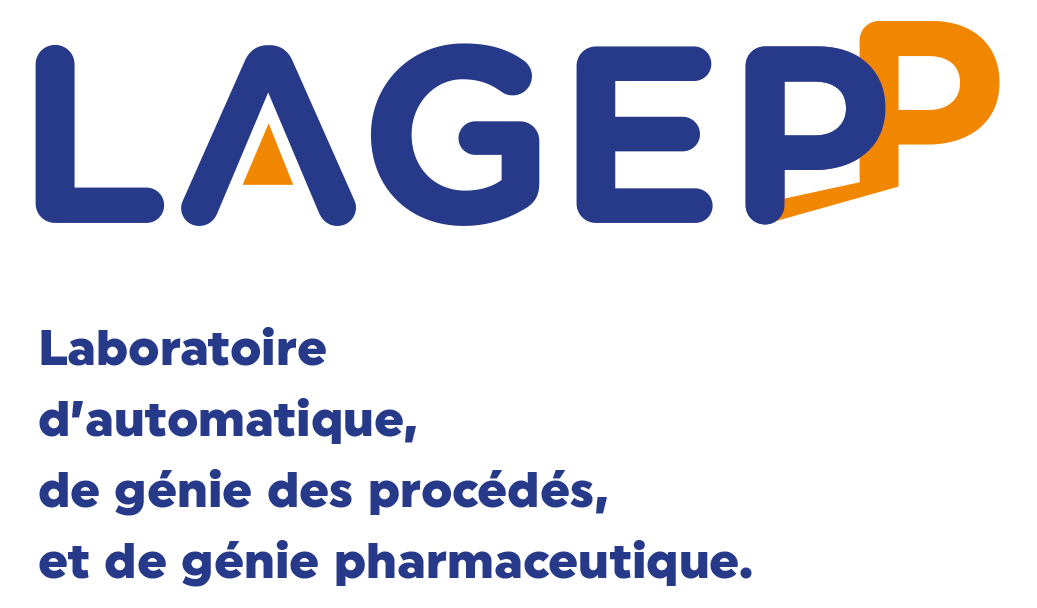Physicochemical and Biological Characterization of Encapsulated Olive Leaf Extracts for Food Preservation
Résumé
Phenolic compounds in olive leaves have an excellent antioxidant activity and good antimicrobial properties. These bioactive molecules have beneficial properties for health, arousing great scientific and commercial interest. This study reports lyophilized olive leaf extracts (OLE) encapsulated by spray-drying using maltodextrins, maltodextrins–pectin and maltodextrins–gum Arabic as encapsulating agents. Lyophilized OLE were collected from two varieties cultivated in a harsh pedo-climatic conditions of the arid region of Tunisia. The effects of the genetic factor and the different encapsulating agents on the physicochemical properties of microcapsules and their behavior during storage, as well as their antimicrobial activities, were studied. Microcapsules successfully passed heat treatment and storage conditions and their antimicrobial activities were preserved. The encapsulating agent combination improved the encapsulation efficiency and the product yield in Zarrazi variety compared to Dhokar one. In addition, Dhokar variety microparticles showed the best heat stability at 4 and 25 °C after 90 days of storage and the higher inhibition percent against bacteria. The results of the present study evidenced that the best conditions for OLE encapsulation were obtained when the maltodextrins–pectin and maltodextrins–gum Arabic were combined to form a hybrid coating material.
| Origine | Fichiers éditeurs autorisés sur une archive ouverte |
|---|
